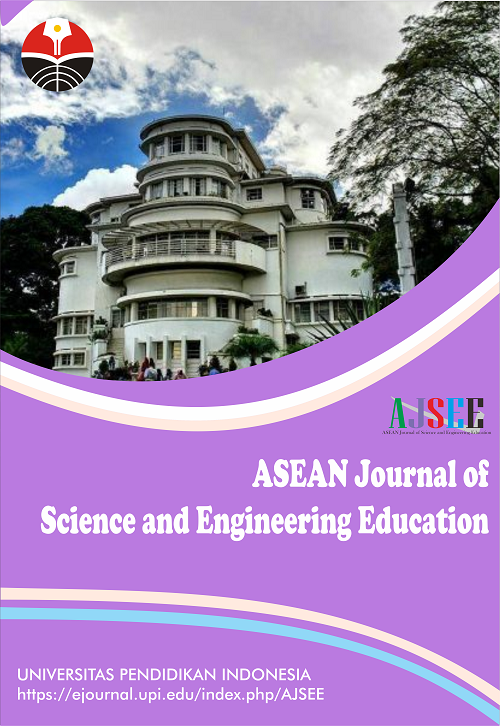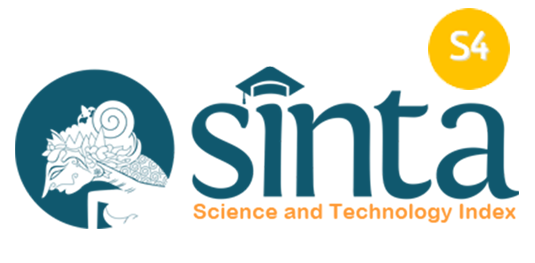External Evaluation in Improving Learners’ Outcomes in Basic Schools: Challenges and Way Forward
Abstract
Keywords
Full Text:
PDFReferences
Agarry, R. O., and Ogundele, E. V. (2023). An evaluation of the status of qualitative research in childhood education. Indonesian Journal of Multidiciplinary Research, 3(1), 11-20.
Alabi, A. O. (2010). Primary education funding in Lagos, Nigeria (1990-2004): Implications for the period of global economic meltdown. European Journal of Social Sciences, 13(3), 487- 495.
Dulklang, T., and Sangsawang, T. (2021). Self-learning activity package in occupation skills development for primary education students (grade 6) wat Samuha Rat Bamrung School. Indonesian Journal of Teaching in Science, 1(1), 21-26.
Kurniawati, K. (2022). Increasing learning outcomes of students with hearing impairment using powerpoint as teaching media in explaining the concept of animal life cycle. Indonesian Journal of Community and Special Needs Education, 2(1), 45-52.
Octaviani, H., Sakti, A. W., and Bilad, M. R. (2022). Improving activities and learning outcomes of elementary school students through experimental methods using lime as an alternative electrical energy source during the covid-19 pandemic. ASEAN Journal of Science Education, 1(2), 65-76.
Olutola, A. T., Galadanchi, N. F., Olatoye, R. A., and Ihechu, K. J. P. (2022). Practical procedures in ensuring quality primary education in Nigeria. Indonesian Journal of Multidiciplinary Research, 2(2), 429-436.
Omolafe. E. V. (2021). Primary educators’ experts’ validation of the developed mathematics mobile application to enhance the teaching of mathematics in Nigeria primary schools. ASEAN Journal of Science and Engineering Education, 2(1), 157-166.
Rahmawati, F., Achdiani, Y., and Maharani, S. (2021). Improving students’ learning outcomes using 5e learning cycle model. ASEAN Journal of Science and Engineering Education, 1(2), 97-100.
DOI: https://doi.org/10.17509/ajsee.v4i1.57266
Refbacks
- There are currently no refbacks.
Copyright (c) 2023 Universitas Pendidikan Indonesia

This work is licensed under a Creative Commons Attribution-ShareAlike 4.0 International License.














